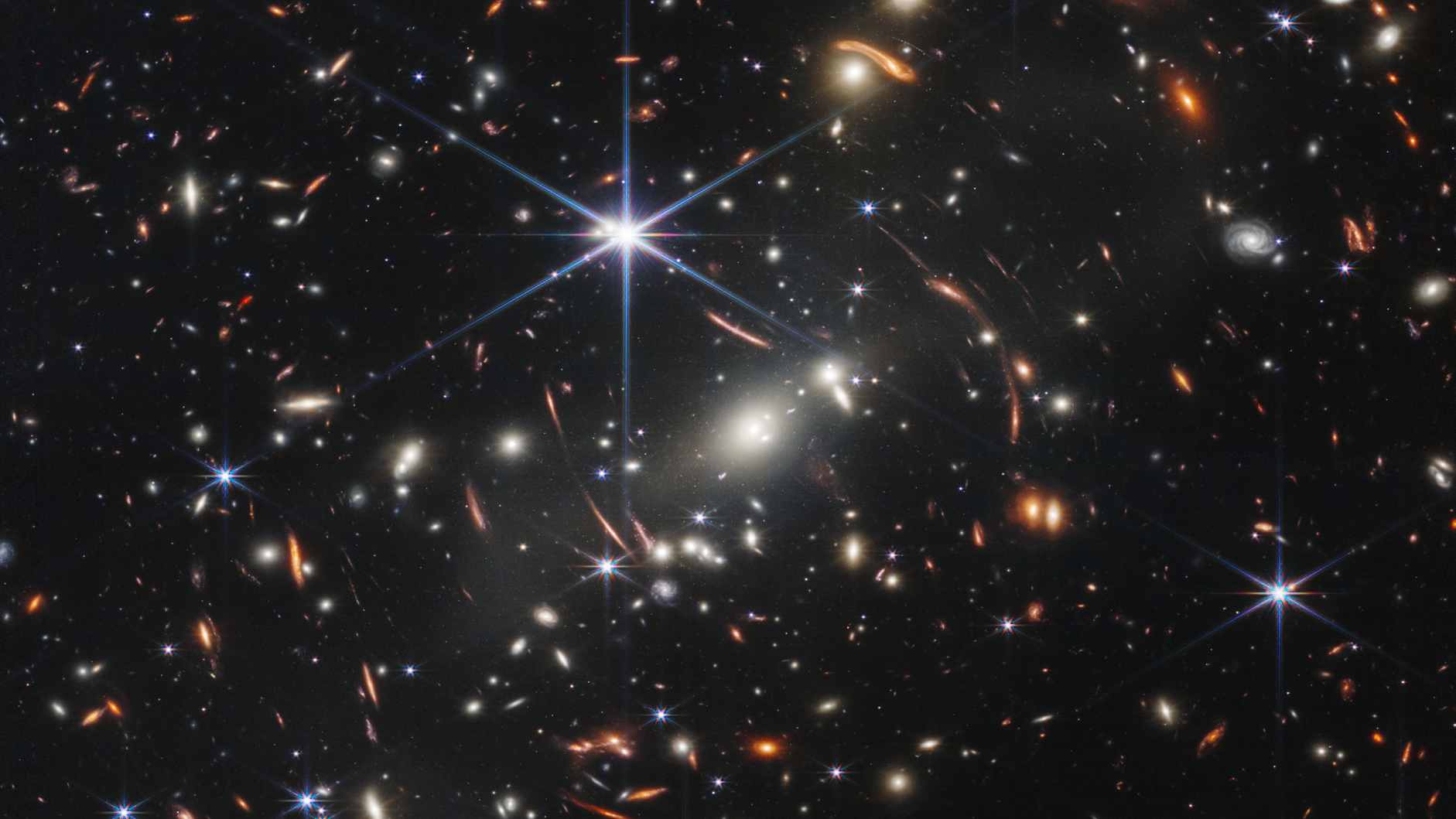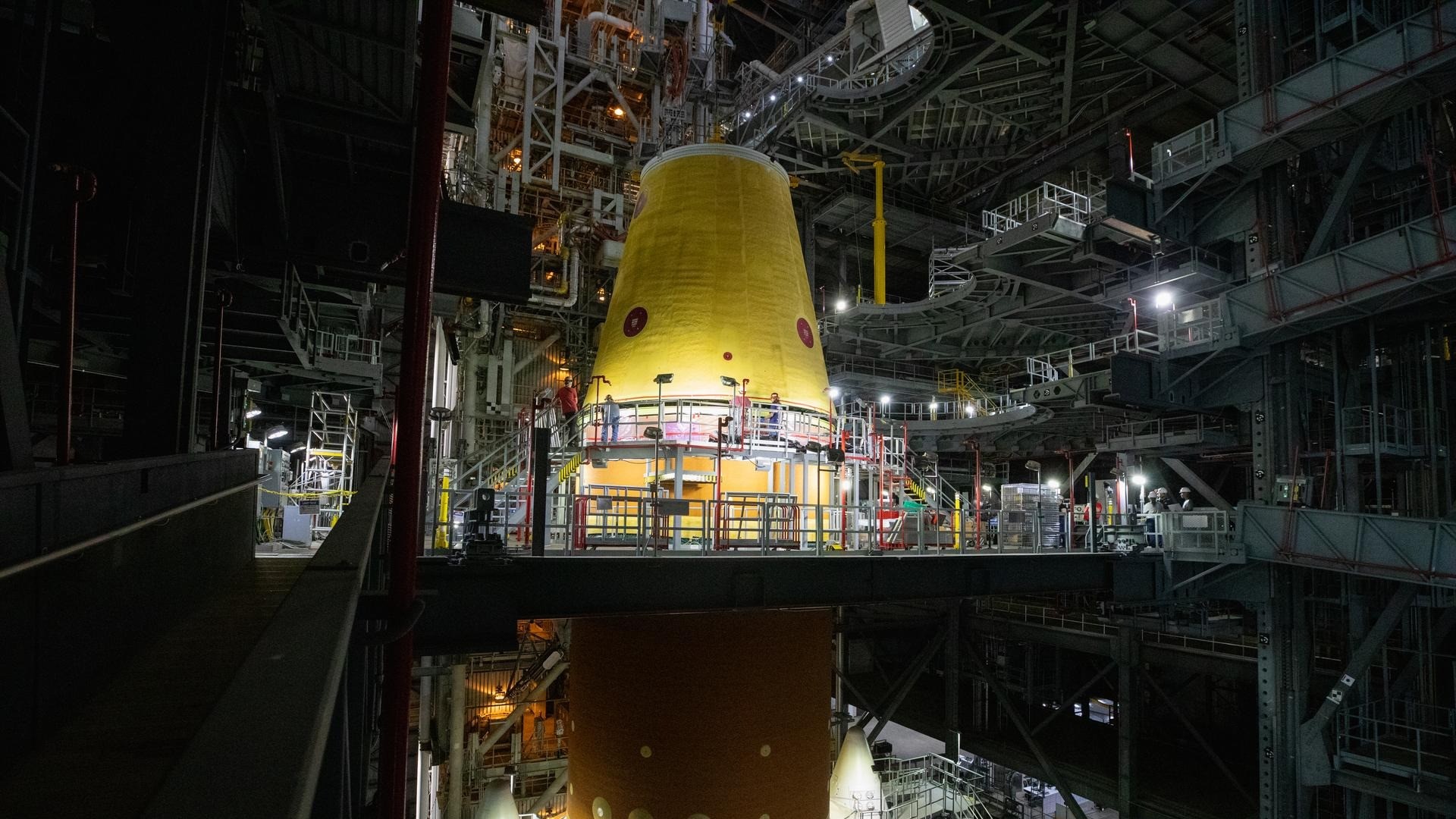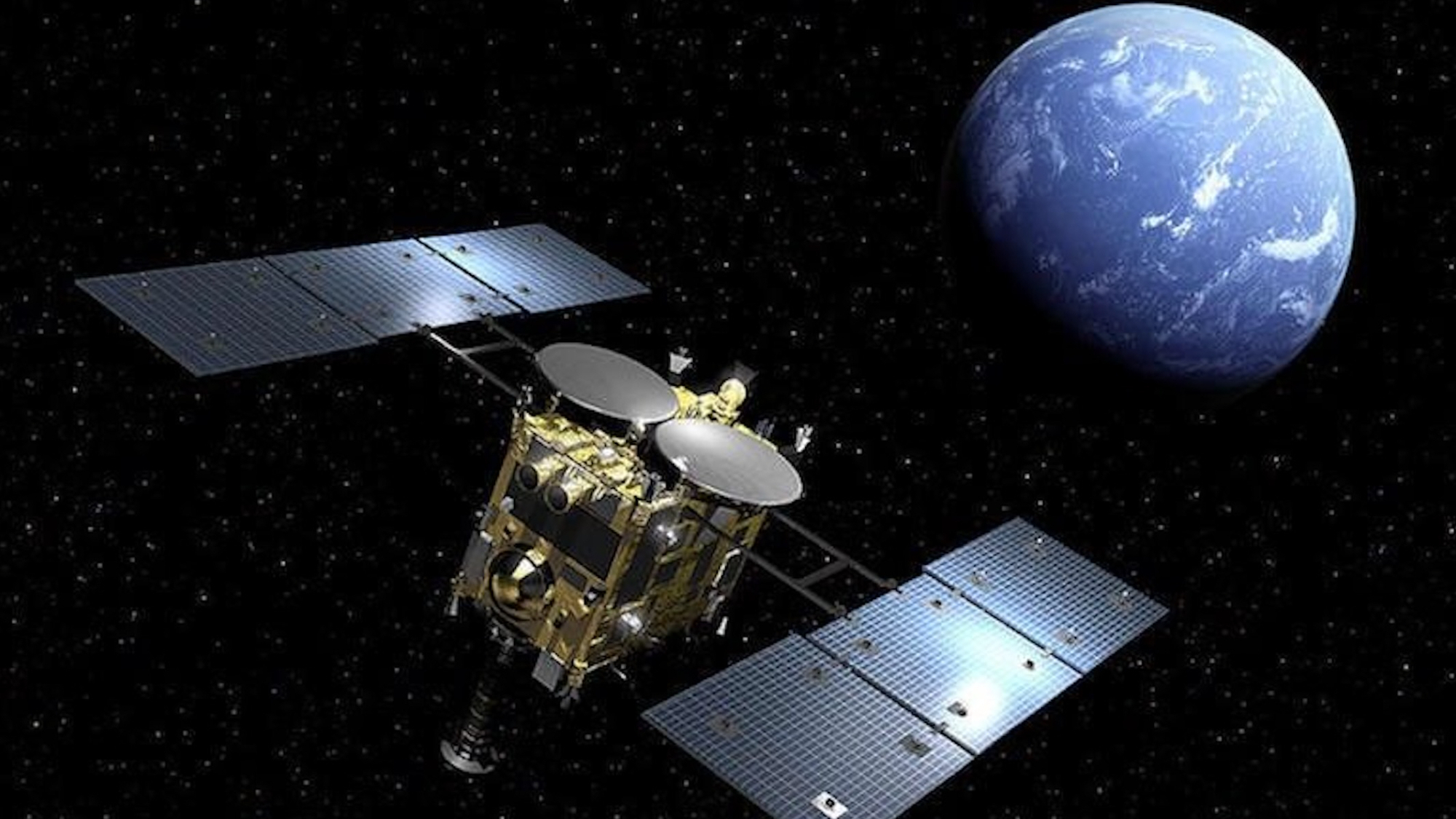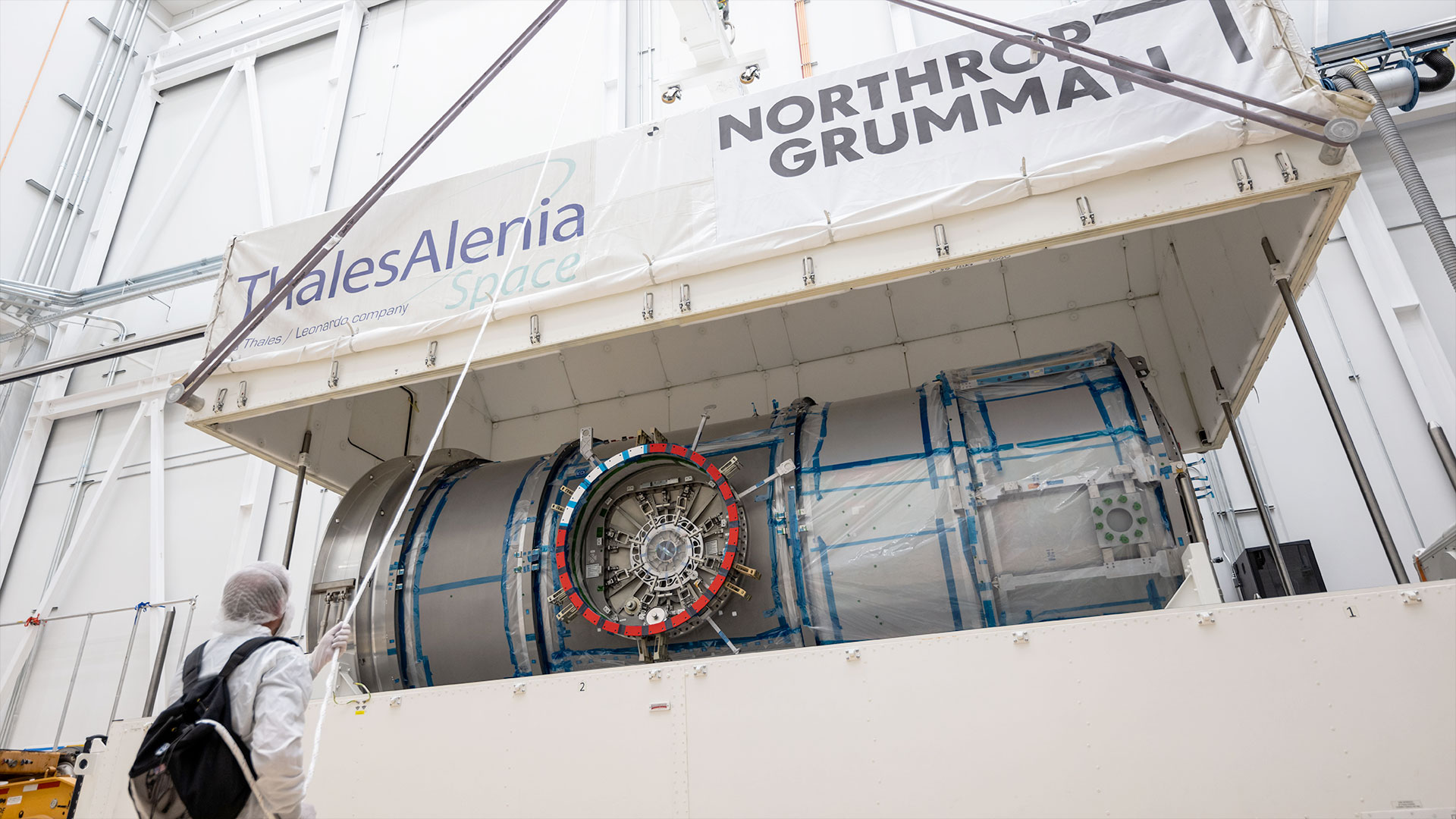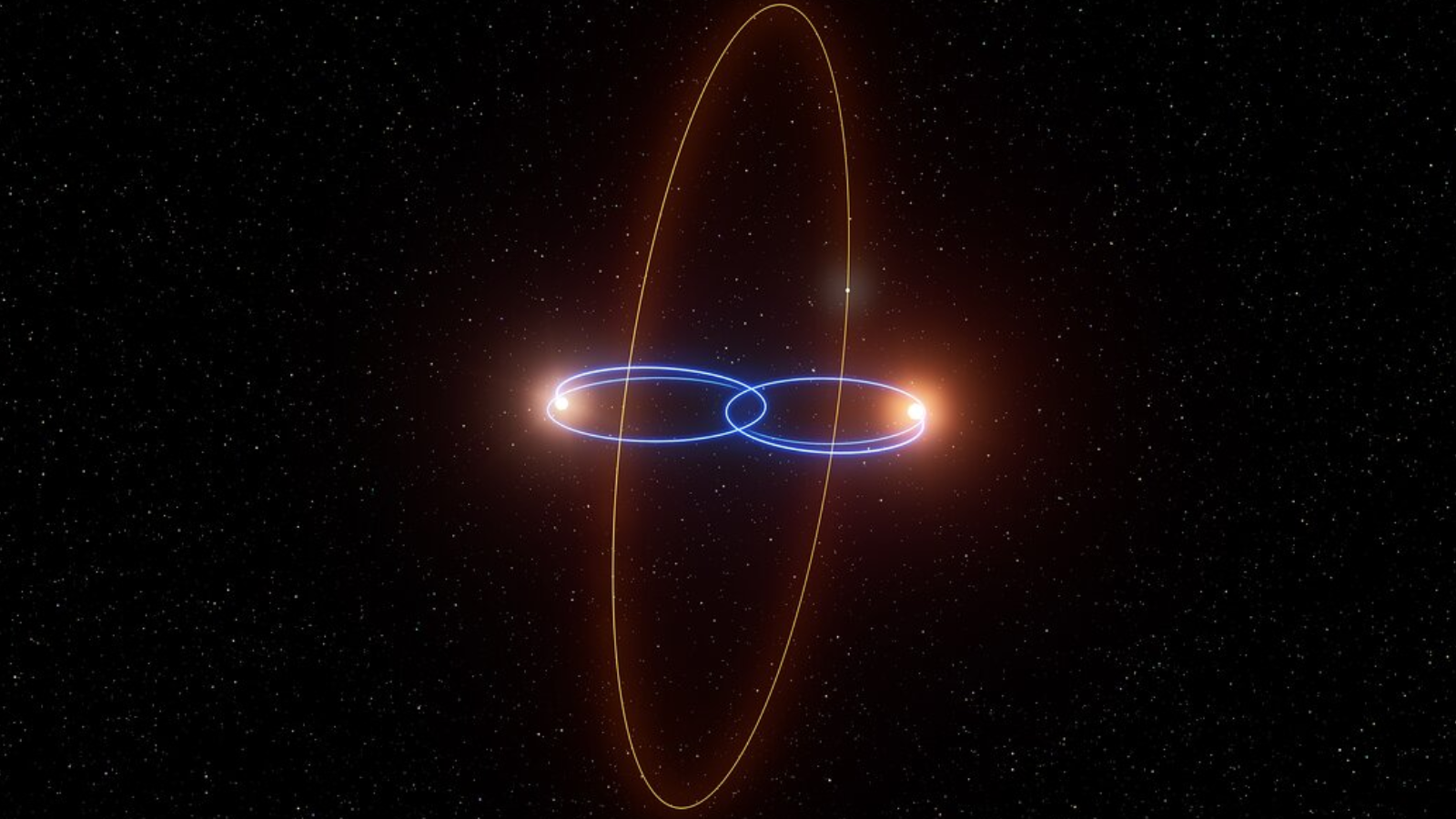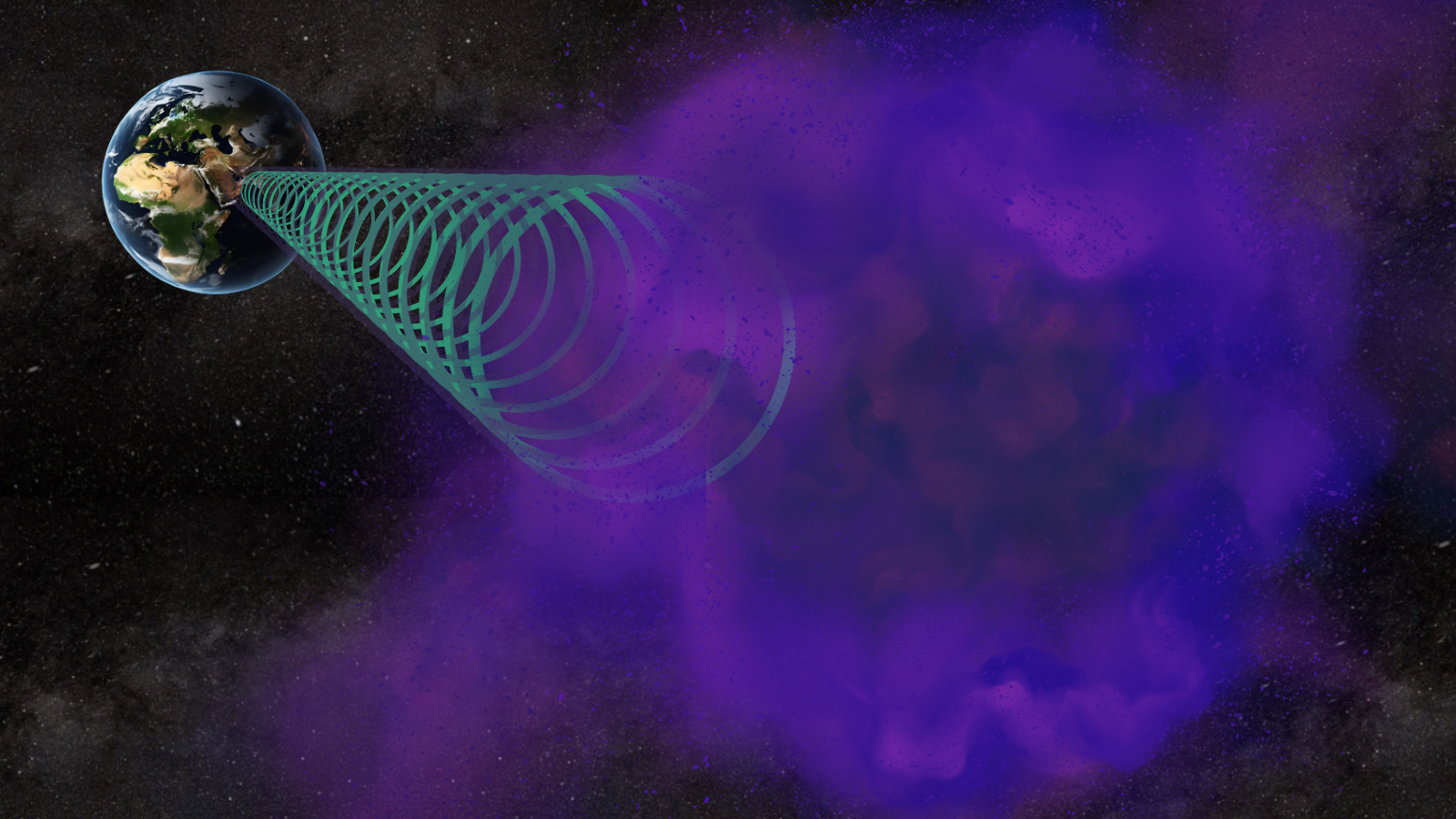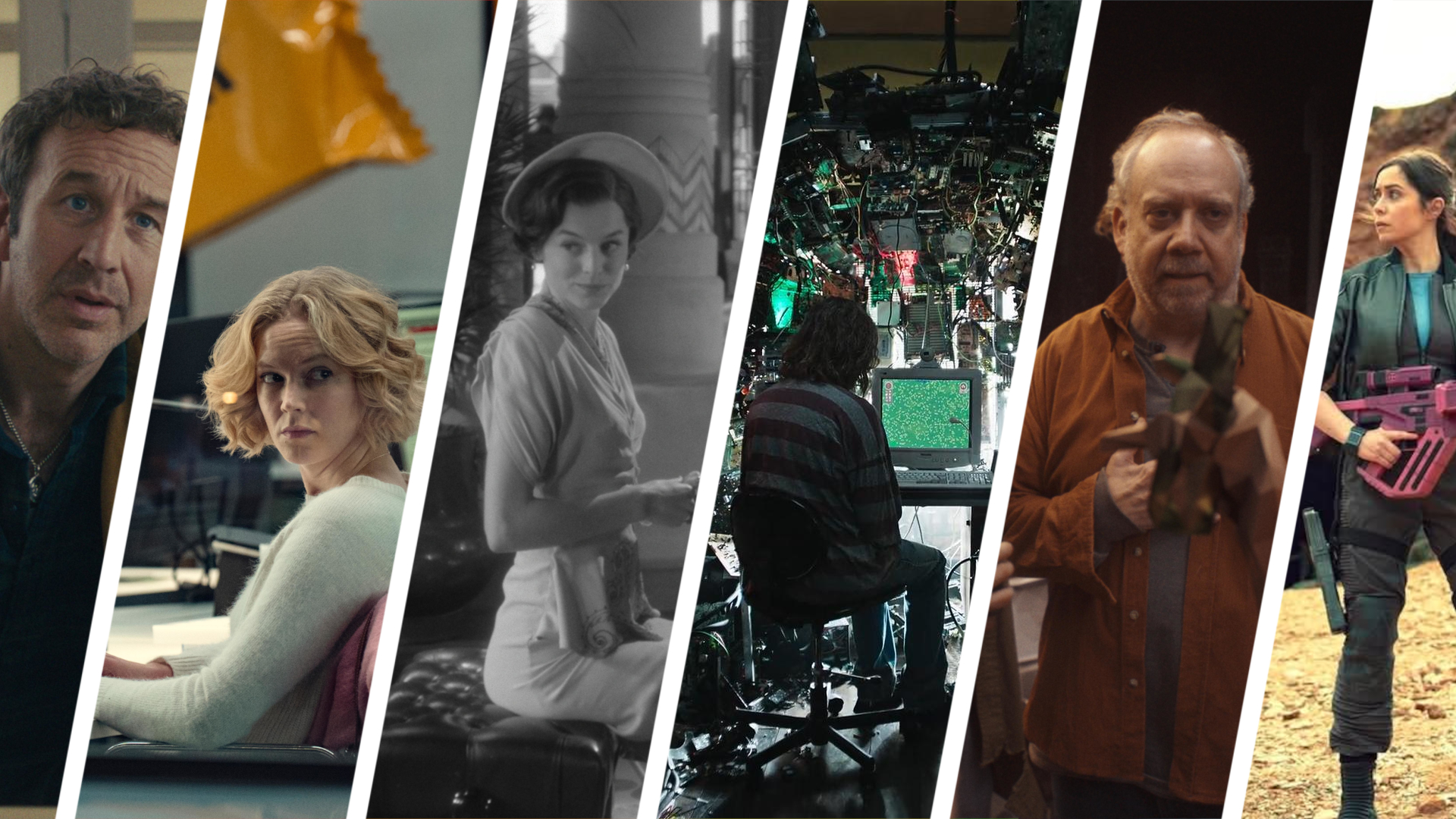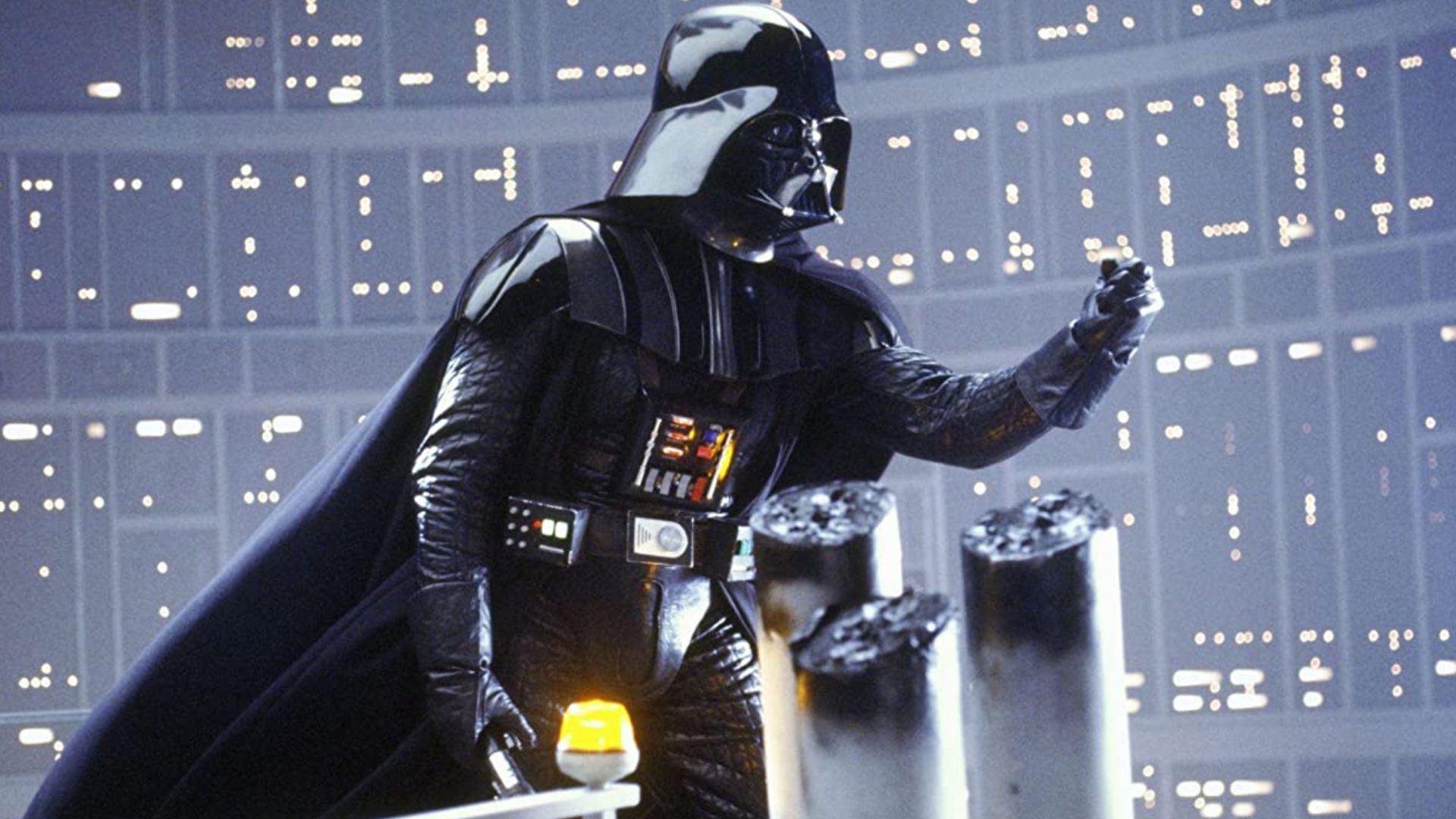
The "Star Wars" entertainment juggernaut that erupted like a sci-fi supernova with George Lucas's galaxy far, far away is still alive and well over 46 years later. Its indomitable influence over pop culture has been well documented and shown to occupy every corner our modern digital age, especially the flexible English language.
To reinforce this notion of how much "Star Wars" dominates the media machine and everyday Earth-bound existence, an illuminating new research paper from a professor at the esteemed Chemnitz University of Technology in Germany explains how vocabulary originating from the vast "Star Wars" empire has become essential components of human communication.
"I wanted to find out whether words from the 'Star Wars' universe have already become part of our own universe," says Prof Dr. Christina Sanchez-Stockhammer, chair of English and Digital Linguistics. "'Star Wars'" has become such an important part of popular culture that e.g. Yoda's role as a mentor or the appearance of lightsabers can be assumed to be familiar to large sections of the population and thus form the basis for innovative language uses."
Related: Star Wars movies in order: Chronological and release
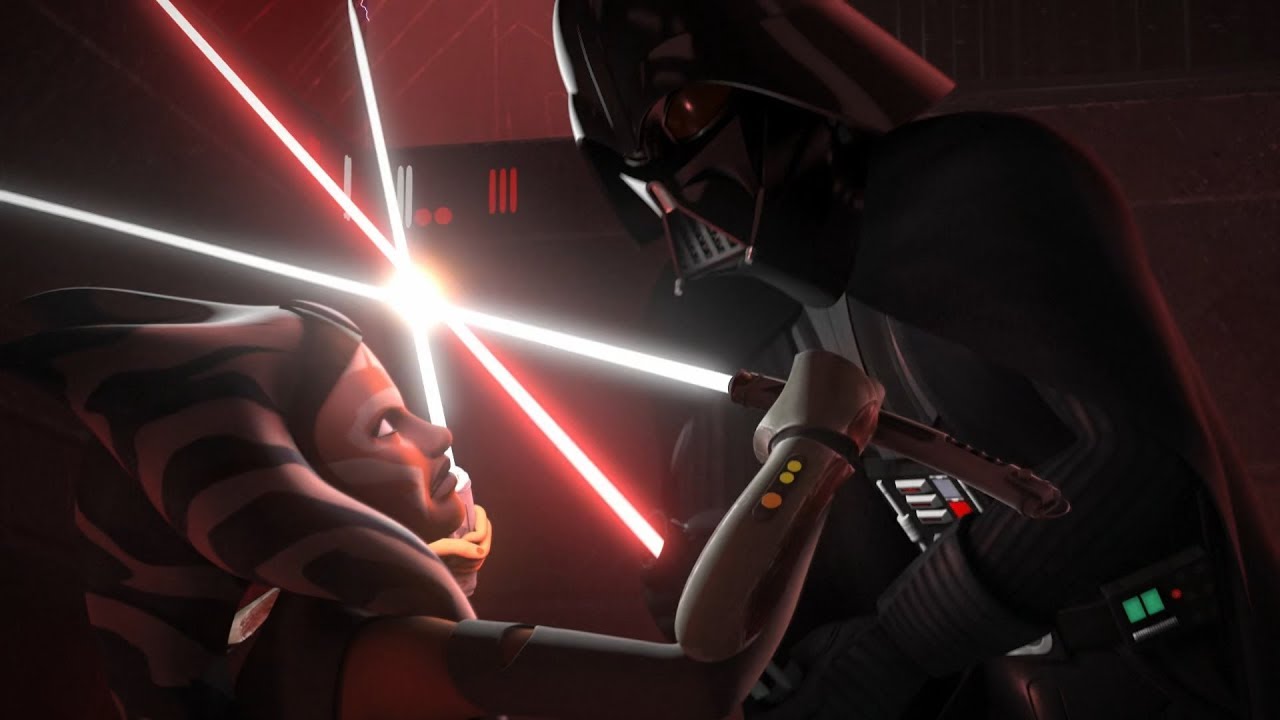
Understanding the impact of "Star Wars" on the English language was the result of this geeky investigation in which Sanchez-Stockhammer dug deep to discover the frequency of words such as Jedi, Padawan, Yoda, lightsaber and "to the dark side" appearing in the digital English text corpora and their inherent meaning.
This detailed paper, published as an open access document in the online journal Linguistics Vanguard, shows that the word "Jedi" occurs more than four times per million words in the Corpus of Contemporary English (COCA), which collects 520 million English words as they've been used in speech, writing, academic studies, TV, and film between 1990 and 2015.
Sanchez-Stockhammer indicates that these "Star Wars"-centric words often pop up more than many regular words, with no direct reference to movies at all, but are sprinkled throughout common types of expressive similes or metaphors, meaning that these specific "Star Wars" words have attained a sophisticated and colorful level of insertion into the English language.
Get the Space.com Newsletter
Breaking space news, the latest updates on rocket launches, skywatching events and more!
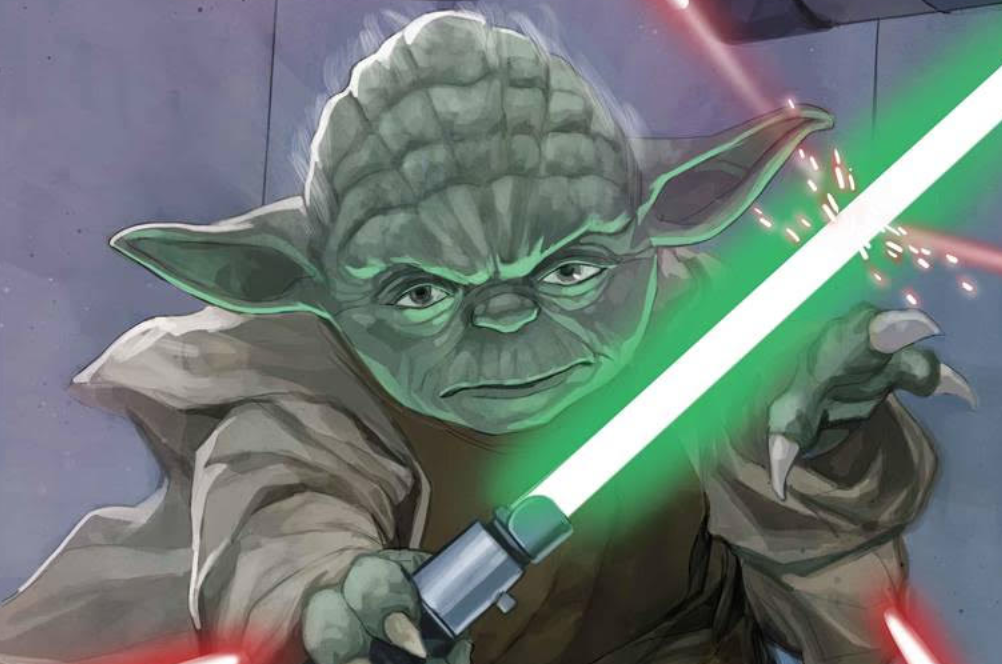
As revealed in the university press release, many dictionaries currently list "Star Wars" vocabulary, with the Oxford English Dictionary harboring every word analyzed in the paper.
"The example of 'lightsaber' shows that 'Star Wars' is now even somehow part of our physical reality," Sanchez-Stockhammer notes. "Most uses of the word refer to tangible toy lightsabers, for example in 'I have my lightsaber and my sci-fi toys.'
"While light and darkness were already used as metaphors for good and evil before the 'Star Wars' films, none of the earlier sources in the historical COHA corpus employs the construction 'to the dark side' in the 'Star Wars' sense, i.e. to express a change to a state evaluated as more immoral by the speakers."
This study was published in the journal Linguistics Vanguard on Nov. 23.
Join our Space Forums to keep talking space on the latest missions, night sky and more! And if you have a news tip, correction or comment, let us know at: community@space.com.

Jeff Spry is an award-winning screenwriter and veteran freelance journalist covering TV, movies, video games, books, and comics. His work has appeared at SYFY Wire, Inverse, Collider, Bleeding Cool and elsewhere. Jeff lives in beautiful Bend, Oregon amid the ponderosa pines, classic muscle cars, a crypt of collector horror comics, and two loyal English Setters.
-
Atlan0001 'English' plus 'Star Wars', plus 'Star Trek', equals the latest language of 'Cosmopolis.'Reply
